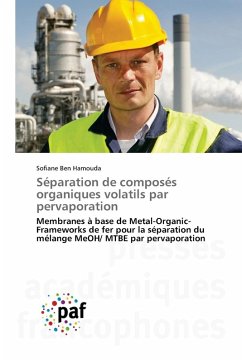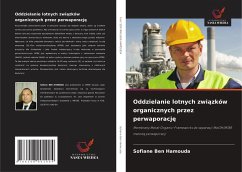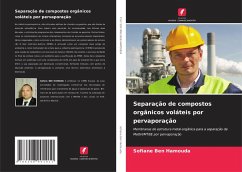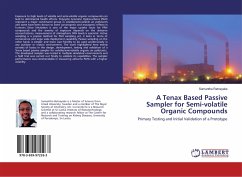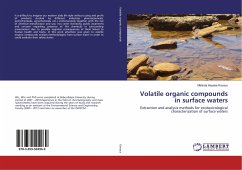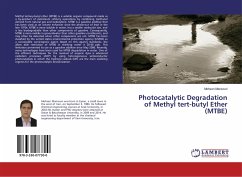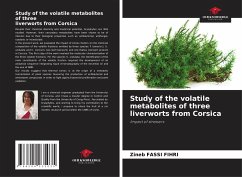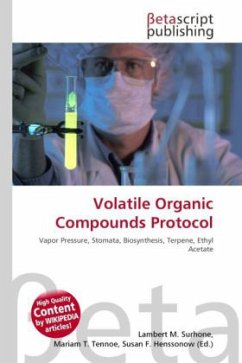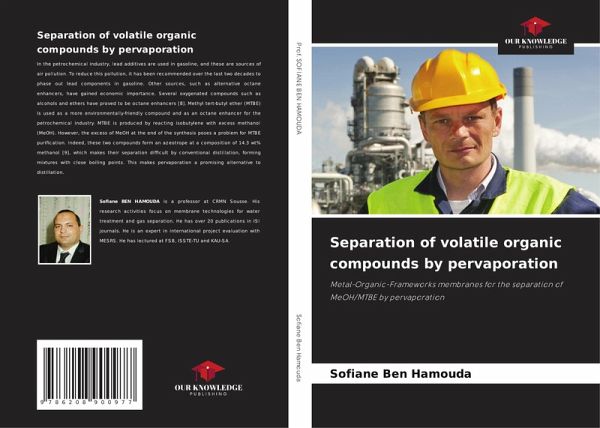
Separation of volatile organic compounds by pervaporation
Metal-Organic-Frameworks membranes for the separation of MeOH/MTBE by pervaporation
Versandkostenfrei!
Versandfertig in 6-10 Tagen
57,99 €
inkl. MwSt.

PAYBACK Punkte
29 °P sammeln!
In the petrochemical industry, lead additives are used in gasoline, and these are sources of air pollution. To reduce this pollution, it has been recommended over the last two decades to phase out lead components in gasoline. Other sources, such as alternative octane enhancers, have gained economic importance. Several oxygenated compounds such as alcohols and ethers have proved to be octane enhancers [8]. Methyl tert-butyl ether (MTBE) is used as a more environmentally-friendly compound and as an octane enhancer for the petrochemical industry. MTBE is produced by reacting isobutylene with exce...
In the petrochemical industry, lead additives are used in gasoline, and these are sources of air pollution. To reduce this pollution, it has been recommended over the last two decades to phase out lead components in gasoline. Other sources, such as alternative octane enhancers, have gained economic importance. Several oxygenated compounds such as alcohols and ethers have proved to be octane enhancers [8]. Methyl tert-butyl ether (MTBE) is used as a more environmentally-friendly compound and as an octane enhancer for the petrochemical industry. MTBE is produced by reacting isobutylene with excess methanol (MeOH). However, the excess of MeOH at the end of the synthesis poses a problem for MTBE purification. Indeed, these two compounds form an azeotrope at a composition of 14.3 wt% methanol [9], which makes their separation difficult by conventional distillation, forming mixtures with close boiling points. This makes pervaporation a promising alternative to distillation.



